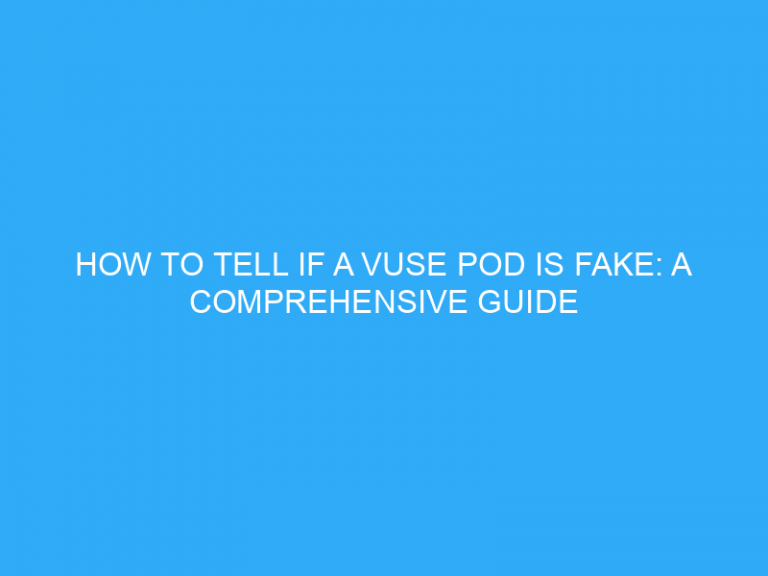If you’re considering getting veneers, you may be wondering how to tell if a veneer is loose. It’s a valid concern—loose veneers can lead to discomfort, damage to the teeth, and potential health risks. Fortunately, there are a few simple ways to check if your veneers are secure. In this comprehensive guide, we’ll discuss the signs of a loose veneer, how to tell if a veneer is loose, and how to properly care for your veneers.
What Are the Signs of a Loose Veneer?
The most common signs of a loose veneer include:
- Sensitivity to cold and hot temperatures
- Pain or discomfort when biting or chewing
- Visible gaps between the veneer and the tooth
- Changes in the fit or alignment of the veneer
If you notice any of these signs, it’s important to visit your dentist as soon as possible. A loose veneer can damage the underlying tooth, so it’s important to get it adjusted or replaced immediately.
How to Tell if a Veneer Is Loose
The best way to tell if a veneer is loose is to check it regularly. To do this, gently press on the veneer with your finger or a toothpick. If it feels loose or wiggles, it may be time to visit your dentist. It’s also important to check your veneers for any signs of discoloration or visible chips.
How to Properly Care for Your Veneers
To ensure your veneers stay secure, it’s important to practice proper care and maintenance. This includes:
- Brushing twice a day for two minutes each time
- Flossing at least once a day
- Using a non-abrasive toothpaste
- Avoiding crunchy or hard foods
- Visiting your dentist regularly
By following these tips, you can help prevent your veneers from becoming loose or damaged.
Frequently Asked Questions about How to Tell If a Veneer Is Loose
How long do veneers last?
Veneers typically last between 5-10 years with proper care. However, this can vary depending on the type of veneer, the quality of materials used, and the patient’s oral hygiene habits.
How do I know if my veneers are of good quality?
Good quality veneers will be made from high-quality porcelain or composite material, and should be custom-made to fit your teeth. Your dentist can provide you with more information on the quality of your veneers.
Can I remove my veneers?
Yes, veneers can be removed, but it’s important to visit your dentist first. Removing veneers can cause damage to the underlying tooth, so it should only be done by a professional.
Can I get my veneers replaced?
Yes, veneers can be replaced if they become damaged or loose. Your dentist can discuss your replacement options with you.
Conclusion
Understanding how to tell if a veneer is loose is an important part of maintaining healthy teeth. If you notice any signs of a loose veneer, it’s important to visit your dentist as soon as possible. With proper care and maintenance, your veneers can last for many years to come.





